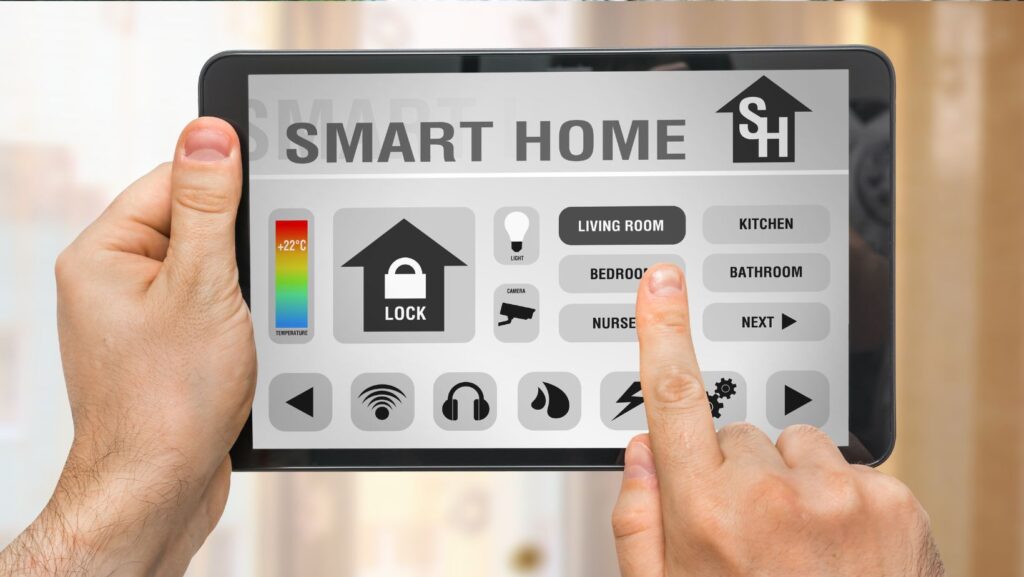In an era where technology continually reshapes our daily lives, smart sensor devices stand at the forefront of innovation. These intelligent gadgets, equipped with the ability to collect and analyze data, are revolutionizing how we interact with the world around us. From enhancing home automation systems to optimizing industrial processes, smart sensors are becoming indispensable in various sectors.
As the Internet of Things (IoT) expands, the integration of smart sensors into everyday objects offers unprecedented convenience and efficiency. They enable real-time monitoring and data-driven decision-making, empowering users with insights that were once unimaginable. Whether it’s a thermostat that adjusts to your preferences or a wearable that tracks your health, the potential of smart sensor devices seems limitless.
With advancements in connectivity and miniaturization, smart sensors are poised to become even more pervasive. Their ability to adapt and respond to environmental changes makes them a crucial component in the digital transformation journey, promising a smarter and more connected future.
Smart Sensor Devices
Smart sensor devices integrate physical sensors with processing capabilities to detect, measure, and analyze physical changes in their environment. These devices encompass a variety of applications, from simple temperature sensors to complex vision systems. They form the backbone of the Internet of Things (IoT), enabling intelligent decision-making based on real-time data.
Embedded processing allows smart sensors to filter, store, and transmit collected data efficiently, minimizing the need for external analysis. Connectivity protocols like Bluetooth, Wi-Fi, and Zigbee facilitate seamless communication between devices and networks. This connectivity is crucial for real-time data sharing and decision-making.
As technology evolves, smart sensor devices continue to play a pivotal role in connecting the physical and digital worlds, driving innovation across multiple sectors.
Key Features of Smart Sensor Devices
Real-Time Data Processing
Smart sensor devices offer real-time data processing capabilities. Their embedded processors analyze information immediately upon collection, ensuring timely insights and responsive actions. This feature is vital for applications requiring immediate feedback, like autonomous vehicles and industrial automation.
Connectivity Options
Connectivity options such as Bluetooth, Wi-Fi, and Zigbee enable seamless integration with other devices. This versatility ensures data transfer occurs efficiently across networks, enhancing interoperability in IoT ecosystems.
Scalability and Flexibility
Scalability and flexibility in design allow smart sensors to adapt to various applications. Their modular architecture permits customization based on specific needs, from simple home automation to complex industrial systems.
Enhanced Security Features
Enhanced security features protect the data integrity of smart sensor devices. Encryption and secure communication protocols prevent unauthorized access, ensuring that sensitive information remains safe during transmission and storage.
Environmental Adaptability
Environmental adaptability means these sensors function effectively in diverse conditions. Robust designs withstand temperature shifts, moisture, and physical stress, making them reliable across different settings.
Applications of Smart Sensor Devices
Smart sensor devices are versatile, with applications spanning numerous industries. In healthcare, smart sensors monitor patient vitals and detect anomalies, enabling proactive interventions. Devices like wearable health monitors track metrics including heart rate and physical activity (source: Mayo Clinic).
In manufacturing, predictive maintenance relies on sensors to monitor machinery performance and predict failures, reducing downtime and maintenance costs (source: General Electric). Smart sensors assess environmental conditions in real time, optimizing energy usage and improving safety.
For home automation, smart thermostats and lighting systems use sensors to adjust settings based on occupancy and preferences, enhancing comfort and energy efficiency. Sensors in security systems detect unauthorized entry and send alerts, improving home security (source: Honeywell).
Transportation benefits from sensors in autonomous vehicles, which utilize data from radar, cameras, and LIDAR for navigation and collision avoidance, enhancing safety and efficiency (source: Tesla).
Advantages of Using Smart Sensor Devices
Smart sensor devices are revolutionizing how industries operate by providing real-time insights and enhancing automation. Their ability to integrate seamlessly with IoT ecosystems enables efficient data management and connectivity, leading to improved decision-making processes.
The scalability and flexibility of these devices allow them to be tailored for specific applications, offering solutions across various sectors from healthcare to agriculture. Enhanced security features ensure data integrity, while power efficiency and environmental adaptability make them suitable for diverse conditions. As technology advances, the role of smart sensors will only grow, paving the way for a more connected and intelligent future.


